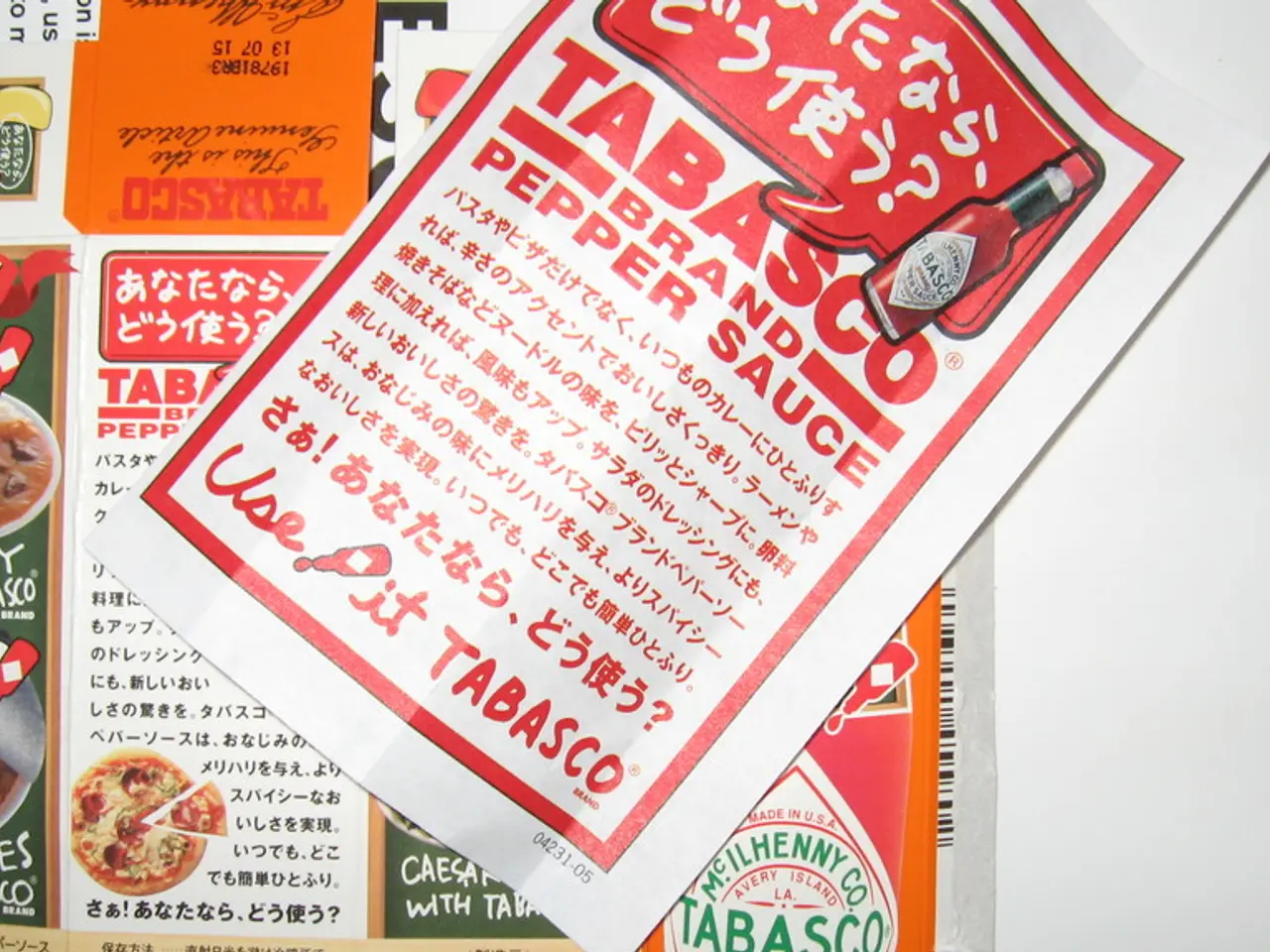Court in California Permits Legal Actions Regarding Mislabeling of 'Organic' Products
In a landmark ruling, the California Supreme Court has decided that private consumers in the state have the right to sue companies for mislabeling food as organic, even if the mislabeling occurred outside California. This decision comes in the lawsuit against Herb Thyme Farms, Inc., one of the largest herb-growing operations in the US.
The lawsuit, brought by plaintiff Michelle Quesada, challenges Herb Thyme's practice of selling conventionally grown herbs under an organic label. Quesada purchased Herb Thyme herbs at a premium, believing them to be 100% organic. It was later discovered that some of the herbs were, in fact, grown with chemicals, contrary to their organic labeling claims.
The ruling is significant as it allows consumers to take legal action against companies falsely advertising their products as organic. This decision is a victory for consumers seeking to protect themselves from misleading labeling practices and for the integrity of the organic food market.
The case highlights the complexities surrounding food labeling in interstate commerce. California consumers are protected by California’s consumer protection laws against false or misleading labeling, including "organic" claims. However, if the mislabeled food product is from another state, several legal obstacles arise.
Jurisdiction and standing are among the challenges faced. California courts usually cannot enforce California laws on conduct wholly occurring in other states. To sue in California, consumers must show the mislabeling caused harm connected to California, such as the product being sold or distributed there. Even then, lawsuits may be challenged on the grounds of extraterritorial application of state law.
Federal preemption is another obstacle. The USDA regulates the use of the "organic" label under the National Organic Program (NOP). The Organic Foods Production Act (OFPA) establishes federal standards for organic labeling, which preempt conflicting state laws or regulations. This limits states’ and consumers’ ability to impose different standards or sue for violations based on state law if federal law covers the labeling claims.
The California Supreme Court's ruling promotes Congress's purposes and objectives regarding organic labeling. The court stated that both the USDA and private consumers in California have the right to sue for false "organic" advertising. This ruling overturns the trial court and the 2nd District Court of Appeal's decisions, which had previously ruled in favor of Herb Thyme.
Establishing a Private or Anonymous LLC has advantages, but it's crucial to ensure that the formation of a business's legal structure is based on truthful information. Misunderstandings exist about Anonymous LLCs, and it's essential to choose the appropriate legal structure that suits the operation of a business. The legal structure of a business impacts tax rates, administrative needs, fundraising capabilities, and more.
This case serves as a reminder to businesses operating in multiple states to ensure their labeling practices comply with both federal and state regulations. Consumers are encouraged to report suspected mislabeling to the USDA or state organic certifiers for investigation and enforcement.
[1] Organic Foods Production Act (OFPA), 7 U.S.C. § 6501 et seq. [2] National Organic Program (NOP) regulations, 7 C.F.R. Part 205. [3] California Business and Professions Code § 17533. [4] California Supreme Court case number S262358.
- Despite the complexities in interstate commerce food labeling, this landmark California Supreme Court ruling empowers health-and-wellness conscious consumers to sue companies for misrepresenting food as organic, even if the mislabeling occurred outside the state, thus promoting the integrity of the science-backed organic food market.
- As the lawsuit against Herb Thyme Farms, Inc. demonstrates, lifestyle choices regarding food-and-drink, such as organic consumption, are significant, and private consumers should be vigilant about reporting suspected mislabeling to ensure the transparency and accountability of health-and-wellness products in the market.




